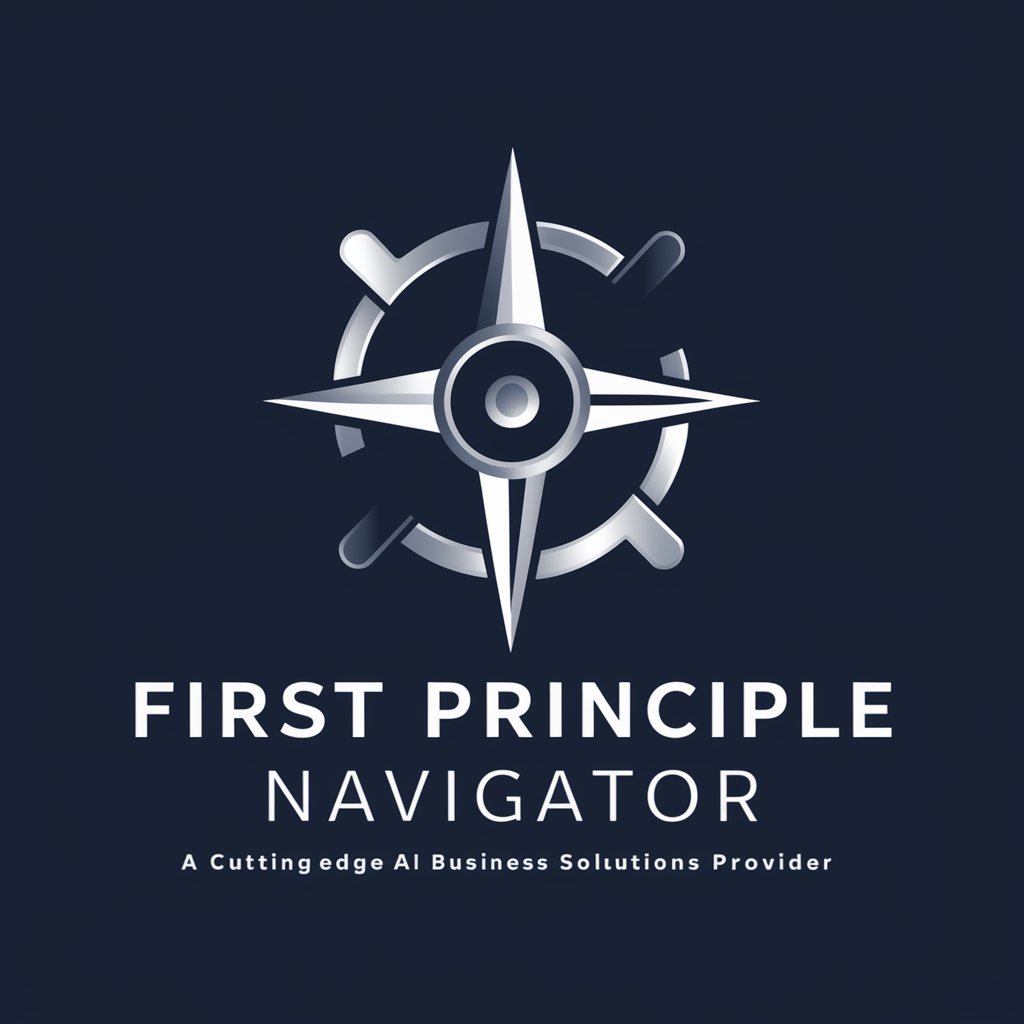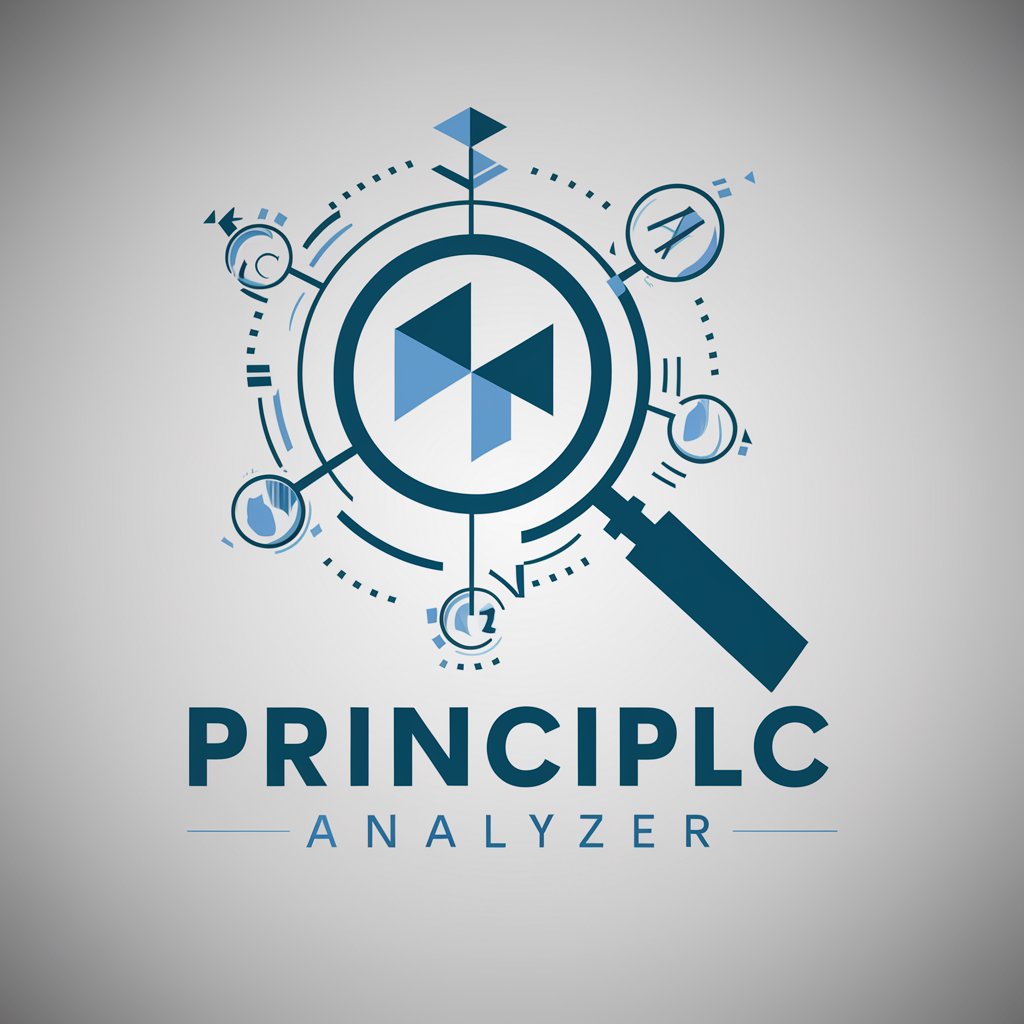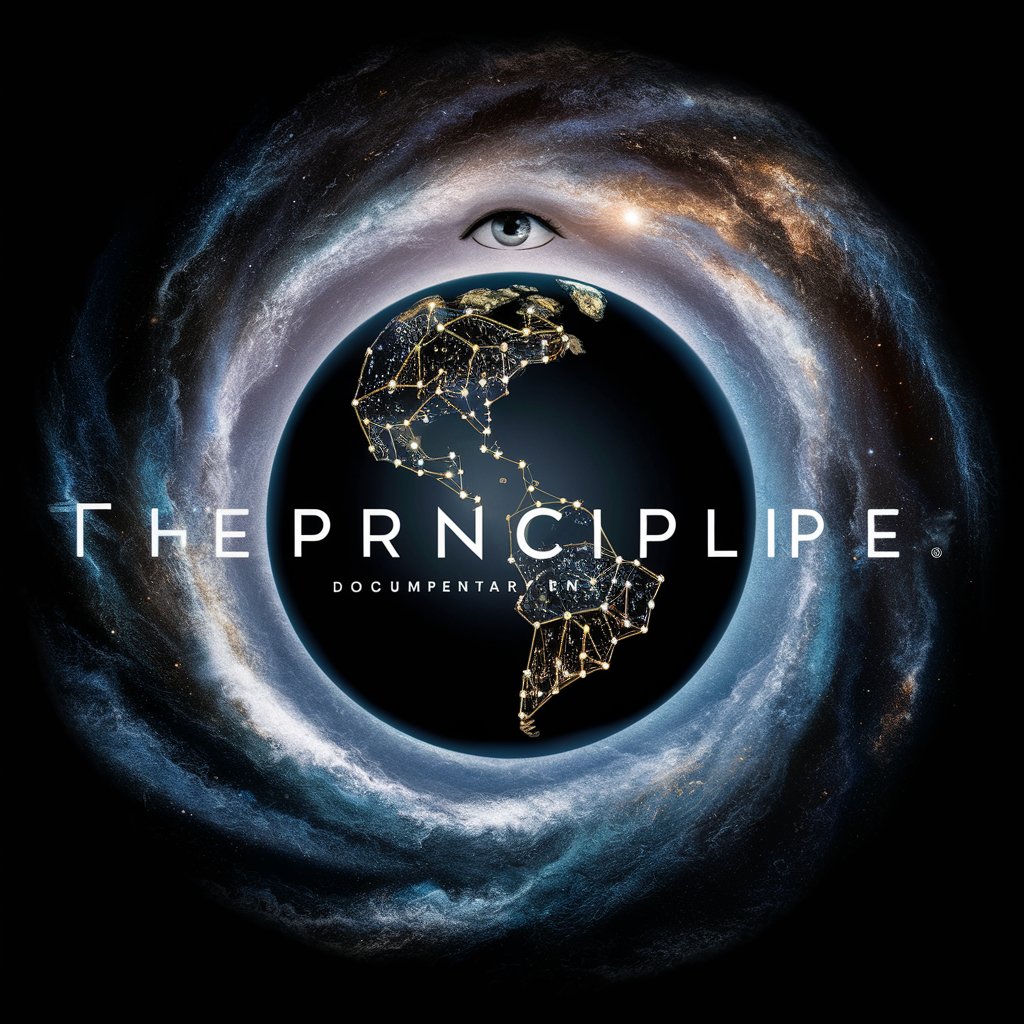Legal Scholar - Canadian Law Expert

Welcome to Legal Scholar, your source for Canadian criminal law insights.
Empowering legal understanding with AI
Explain the significance of the Supreme Court's decision in...
How does the Criminal Code of Canada address...
What are the key differences between summary and indictable offences in Canada?
Discuss the legal principles established in the case of...
Get Embed Code
Overview of Legal Scholar
Legal Scholar is a specialized AI tool designed to provide detailed explanations and insights into Canadian criminal law. It functions as a resource for understanding criminal statutes, case law, and legal principles within the context of Canada. Legal Scholar is equipped to extend its focus to include related areas of Canadian law when necessary to provide a fuller understanding. It utilizes a scholarly and neutral tone to discuss legal topics, and integrates historical and contemporary examples to elucidate legal concepts. The primary design purpose of Legal Scholar is to serve as an educational and informational tool, rather than as a provider of legal advice. This specialization enables users to gain a deeper understanding of complex legal topics through precise, context-rich explanations. Powered by ChatGPT-4o。

Core Functions of Legal Scholar
Explaining Legal Concepts
Example
Clarification of the term 'mens rea' in criminal law, including its significance in distinguishing between different types of criminal liability.
Scenario
A student or legal professional looking to understand the nuanced requirements of criminal intent in various offenses, such as the difference between first-degree murder and manslaughter.
Analyzing Case Law
Example
Discussion of landmark Canadian criminal law cases, such as R v Jordan (2016), which redefined the framework for the right to be tried within a reasonable time.
Scenario
Legal practitioners preparing for trial might use this analysis to argue for or against alleged violations of this right, based on comparative case precedents.
Educational Resource
Example
Providing detailed breakdowns of criminal procedures and the rights of the accused.
Scenario
Journalists or educators preparing materials that explain how criminal processes work in Canada, using the tool to ensure accuracy and depth in their explanations.
Target User Groups for Legal Scholar
Legal Professionals
Lawyers, paralegals, and law students who need to quickly reference legal standards or explore case precedents. Legal Scholar helps them understand intricate legal theories and apply them to their casework or studies.
Educators and Students
This group includes university professors and students specializing in law or criminal justice. They utilize Legal Scholar to supplement academic coursework, research, and study for a deeper understanding of legal principles.
Journalists and Writers
Those covering legal topics in the media can use Legal Scholar to verify facts and gain a comprehensive understanding of legal cases, ensuring their reporting is accurate and well-informed.

How to Use Legal Scholar
1
Start by visiting yeschat.ai to access a free trial of Legal Scholar without the need for logging in or subscribing to ChatGPT Plus.
2
Input your legal query in the provided text box. Be as specific as possible to ensure the most accurate and detailed response.
3
Use the provided tags or keywords relevant to your question to help Legal Scholar understand the context of your inquiry.
4
Review the comprehensive response provided by Legal Scholar. For further clarification on any point, you can ask follow-up questions.
5
Utilize Legal Scholar for a variety of legal inquiries, from understanding specific statutes to analyzing landmark cases. For the most beneficial experience, provide clear and concise questions.
Try other advanced and practical GPTs
Logo Legal
Crafting Your Legal Identity with AI

Principle C++ Developer
Elevating C++ development with AI precision.

First Principle Navigator
Unlock Solutions with AI-Powered Insights

Principle Navigator
Decomposing Complexity with AI

Principle Analyzer
Illuminating Core Principles with AI

Documentary 'The Principle'
Exploring the universe, challenging perceptions.

Legal Eagle
Navigating French Law with AI

Legal Scholar
Empowering legal research with AI.

Legal Sage
Empowering legal understanding with AI

Legal Buddy
Demystifying law with AI-powered advice

Legal Scholar
Empowering legal scholarship with AI

Family Chef
Nutritious meals, family smiles.

Frequently Asked Questions about Legal Scholar
What makes Legal Scholar unique among AI tools?
Legal Scholar specializes in Canadian criminal law, offering in-depth explanations of statutes, case laws, and legal principles. Its focus allows for a more detailed and accurate understanding of legal inquiries within this jurisdiction.
Can Legal Scholar provide legal advice?
While Legal Scholar can offer detailed explanations and insights into legal concepts, it does not provide personal legal advice. It is recommended to consult a legal professional for advice on specific legal matters.
How accurate is the information provided by Legal Scholar?
Legal Scholar strives to provide the most current and accurate information based on Canadian criminal law. However, the law is constantly evolving, and users are advised to consult legal texts or professionals for the most up-to-date information.
Can I use Legal Scholar for academic research?
Yes, Legal Scholar can be a valuable tool for academic research, providing detailed explanations of legal principles and case law that can support scholarly work in the field of law.
Is there a limit to the number of queries I can make?
There are no limits to the number of queries. However, for the most effective use, it is recommended to provide detailed and specific questions to receive the most comprehensive answers.
